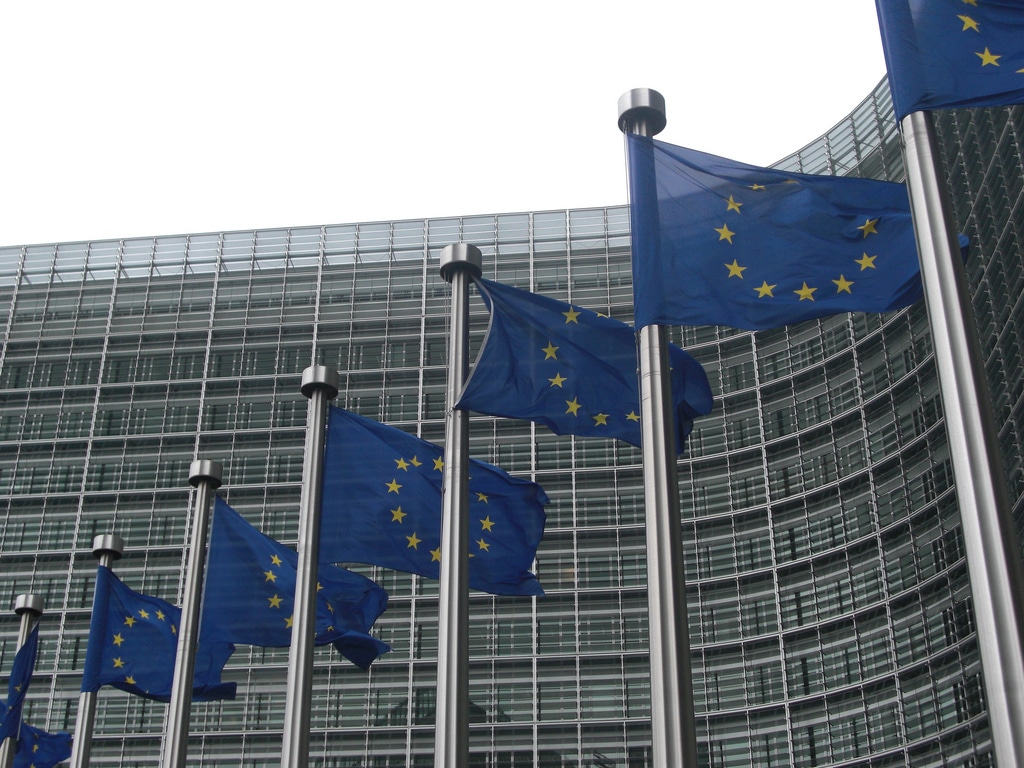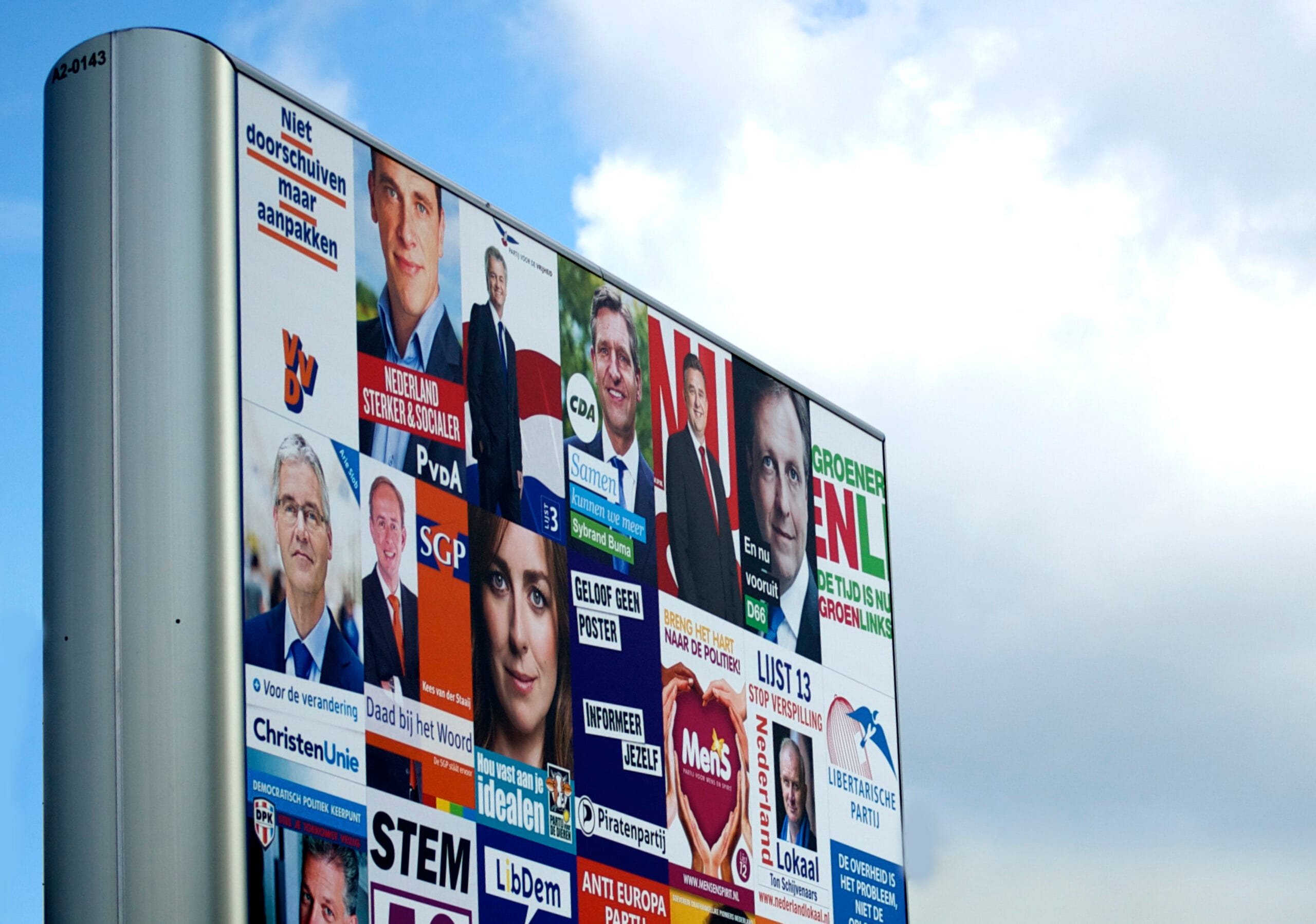Will we ever be part of the European project? That is the question all Western Balkan leaders are asking as they prepare for the big summit. After French President Macron's statement, no enlargement until the EU itself puts its house in order, last month in Strasbourg, their dreams shattered.
It is possible that the difficulty that 'Brexit' and its associated discussions have brought led to this statement. However, the ruling can also be seen as a direct signal to the leaders of the Western Balkans that there can be no question of accession in the near future.
Currently, the frontrunners, Serbia and Montenegro, are the only of the six countries to have started accession talks. Earlier this year, Brussels designated 2025 as the year for possible accession of these countries to the Union[1]. Last month, the European Commission also recommended starting accession negotiations with Albania and Macedonia. This news came at the same time as Macron's statement among MEPs in Strasbourg.
Combined with the difficult situation in both Kosovo and Macedonia - both are involved in their own international identity struggles - this accumulation of rulings minimises the chances of EU membership.
As a result, Bulgarian media report that Western Balkan leaders are not arriving in Sofia for the EU summit with high expectations [2]. However, to keep out Russia, China and Turkey in the region and secure EU geostrategic interests, EU leaders must restore hope tomorrow.
Written by Ekaterina R. Rashkova
Assistant Professor | Utrecht School of Governance | Utrecht University
[2] http://www.balkaninsight.com/en/article/sofia-summit-looks-set-to-disappoint-balkan-hopes-05-14-2018




